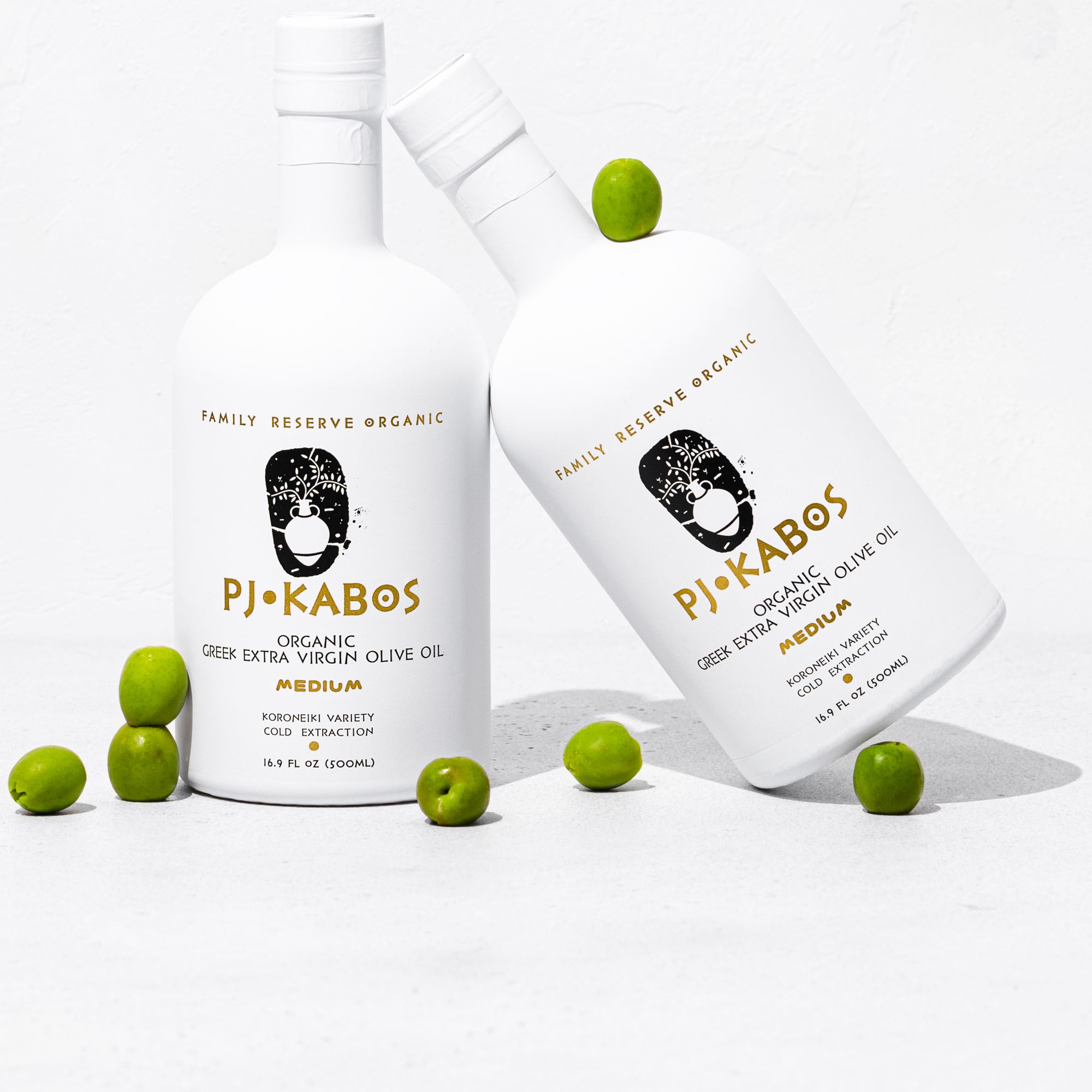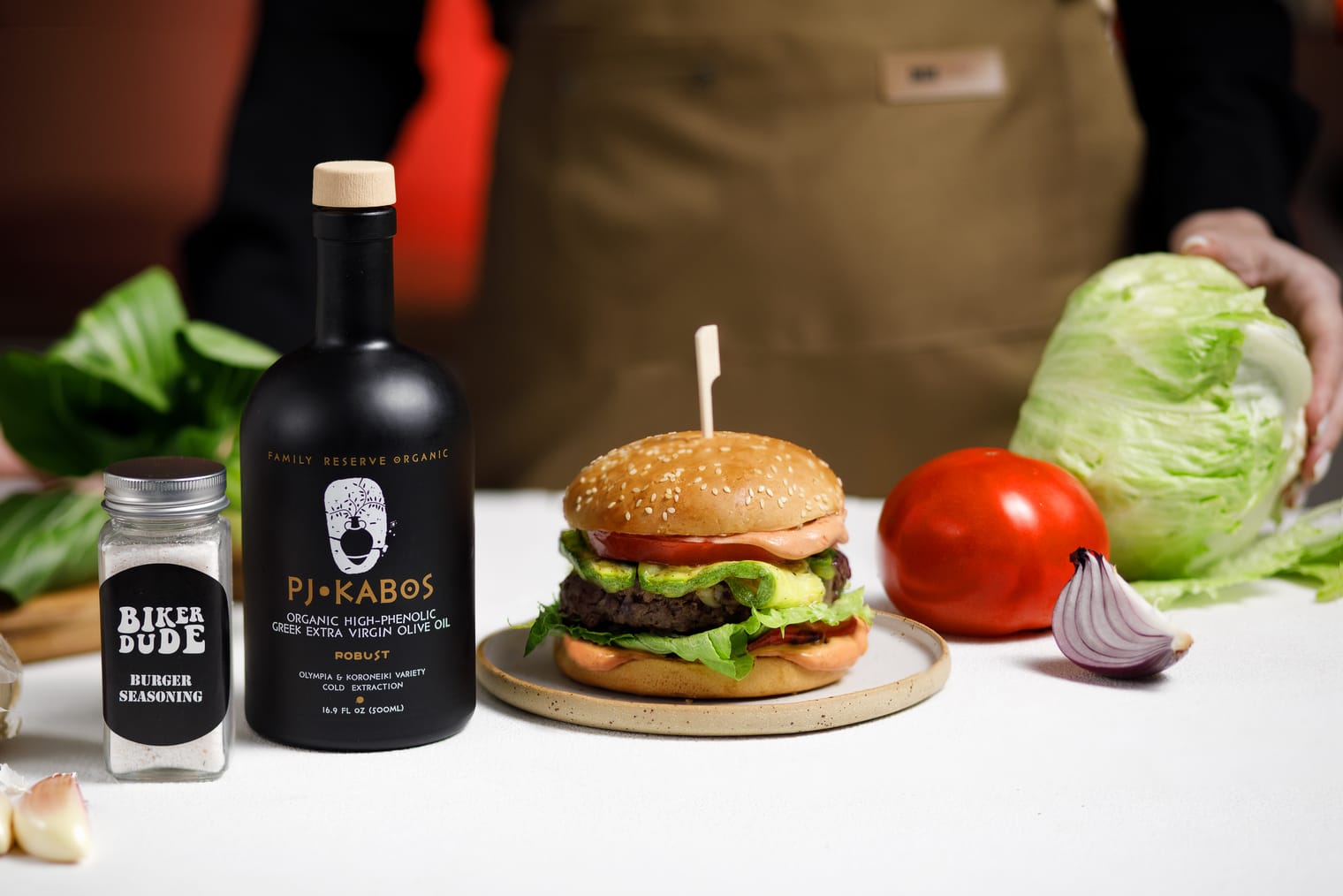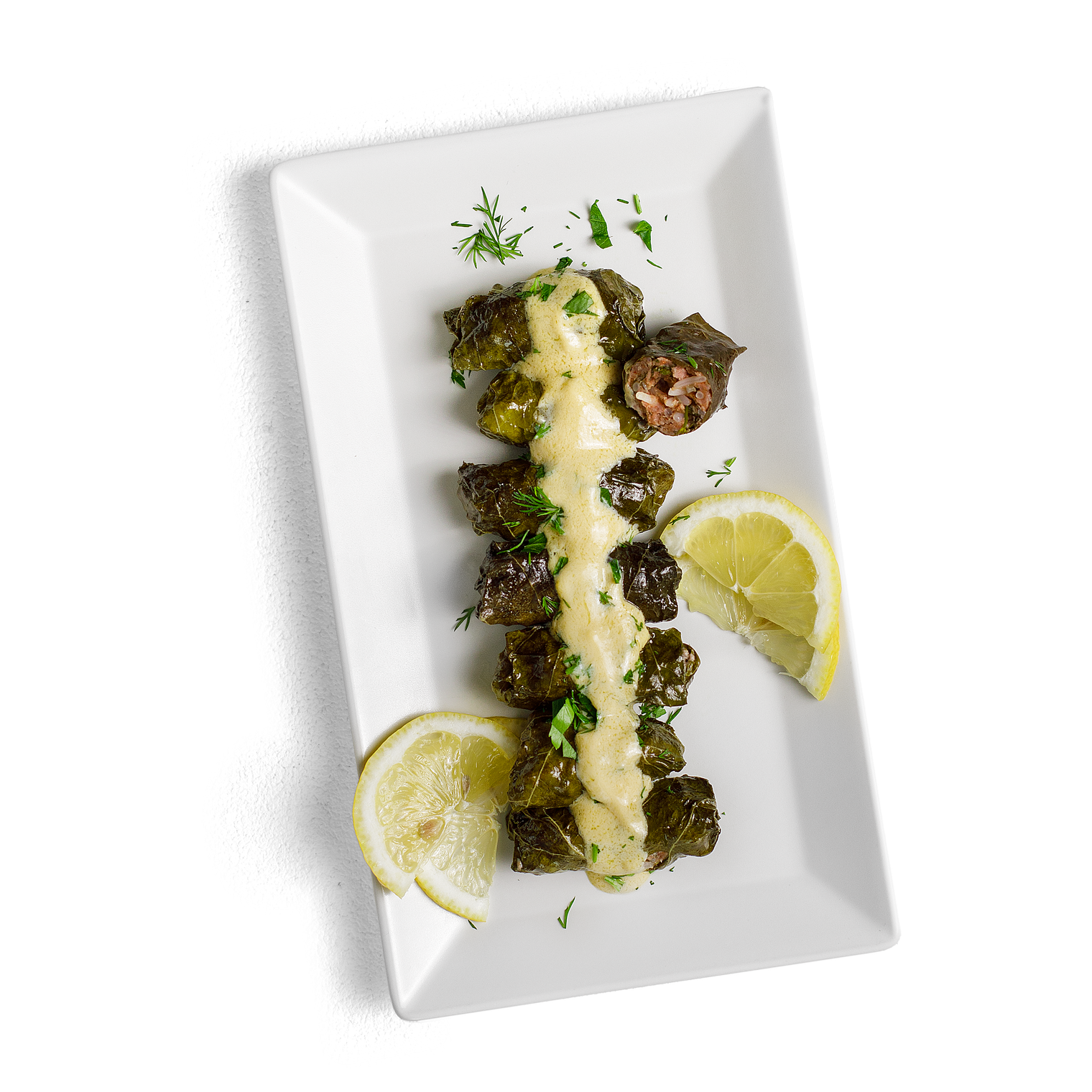Olive oil, with its rich flavors and numerous health benefits, has become a staple in American kitchens. Understanding the standards that govern its production, labeling, and sale in the US is crucial for making informed choices and ensuring you are investing in high-quality products. This article provides an overview of the olive oil standards in the United States, covering grading, labeling, and the role of various organizations in maintaining quality.
1. The USDA and Olive Oil Grading
What It Is:
The United States Department of Agriculture (USDA) has established standards for olive oil grading, which are voluntary for producers. The grades include Extra Virgin Olive Oil, Virgin Olive Oil, and Olive Oil.
Why It Matters:
- Ensures consistency and reliability in the olive oil products available to consumers.
- Provides clear, standardized definitions for different olive oil grades.
2. International Olive Council (IOC) Influence
What It Is:
Though the US is not a member, the International Olive Council's standards are recognized globally and influence US standards.
Why It Matters:
- Helps maintain international consistency in olive oil standards and quality.
- Provides additional guidance for US producers looking to export olive oil.
3. The Role of the FDA
What It Is:
The Food and Drug Administration (FDA) oversees the labeling and safety of olive oil sold in the United States.
Why It Matters:
- Ensures olive oil labeling is clear, accurate, and not misleading.
- Protects consumer rights and health by overseeing olive oil safety standards.
4. The California Olive Oil Council (COOC)
What It Is:
The COOC sets additional standards for olive oil produced in California, which is a significant olive oil producing region in the US.
Why It Matters:
- Provides an additional layer of standardization and quality assurance for California-produced olive oils.
- Offers a certification program ensuring olive oils meet higher quality standards.
5. The Impact of AB 535
What It Is:
California’s AB 535 law further tightens olive oil labeling standards in the state.
Why It Matters:
- Ensures more accurate and transparent labeling of olive oil in California, protecting consumers and helping them make more informed choices.
6. Third-Party Certifications
What It Is:
Independent organizations, like the North American Olive Oil Association, offer third-party certifications for olive oil.
Why It Matters:
- Offers additional assurance of quality and adherence to standards.
- Helps consumers identify high-quality olive oil products easily.
Conclusion
Navigating the world of olive oil in the United States can seem complex, but understanding the standards and organizations involved provides clarity and confidence in making purchasing decisions. As consumers become increasingly informed and discerning, adherence to high-quality standards becomes not just a regulatory compliance but also a competitive advantage for olive oil producers in the US market. The overarching goal remains the assurance of quality, transparency, and the safeguarding of consumer interests, ensuring that the olive oil you enjoy brings not just delightful flavors but also genuine health benefits.
PJ KABOS 'Family Reserve Organic - Medium'
High Phenolic and 2022 Gold-Award Winner.
Declared as 'One of the World's Best Olive Oils'.
Click here to shop.





